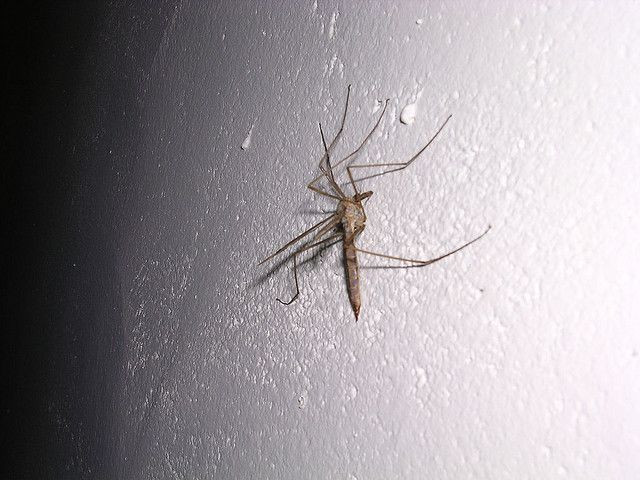Mosquito 'Invisibility Cloak' Could Replace Traditional Repellents, Researchers Say: Naturally Occurring Compounds Make Humans Undetectable To Parasites

A new chemical repellant could make you invisible to mosquitoes. According to its developers, the innovation consists of naturally occurring compounds that block the parasites’ detection mechanism. Besides fending off summer night nuisances, the next-gen repellant may also slash infection rates of parasite-borne diseases like malaria.
The new chemical comes in response to the mosquito population’s increasing resistance to widely used repellants. In a study published earlier this year in the journal PLos One, scientists voiced concern that traditional measures may soon become obsolete, as their mechanism of action appears to be losing its repellency. In populations like the A. aegypti, popular products like DEET gradually lose their effect within three hours.
According to BBC, the new chemical circumvents this alarming development by abandoning the traditional mechanism of action altogether. By rendering human blood undetectable rather than undesirable, the innovation could protect against the most resilient parasite population.
"Repellents have been the mainstay for preventing mosquito bites... [but] we are exploring a different approach, with substances that impair the mosquito's sense of smell,” Ulrich Bernier of the United States Department of Agriculture told BBC. “If a mosquito can't sense that dinner is ready, there will be no buzzing, no landing and no bite."
Given the empirical fact that some people attract fewer mosquitoes than others, Ulrich and his colleagues surmised that naturally secreted compounds can be used to ward off the parasite. Throughout a series of experiments, the team was able to isolate these chemical components. When applied on a hand, the product acted as an “invisibility cloak,” rendering the skin uninteresting to mosquitoes — even at extremely close proximity.
“If you put your hand in a cage of mosquitoes where we have released some of these inhibitors, almost all just sit on the back wall and don't even recognize that the hand is in there,” Bernier explained. “We call that anosmia or hyposmia, the inability to sense smells or a reduced ability to sense smells."
Although a commercialized product may be several years away, the isolated compounds may have significant bearing on current and future research efforts. John Logan of the London School of Hygiene and Tropical Medicine told reporters that the new mechanism of action was very exciting, and that new active ingredients are always of great value.
"If a new repellent can be developed which is more effective, longer lasting and affordable, it would be of great benefit to travelers and people living in disease endemic countries," he added.



























